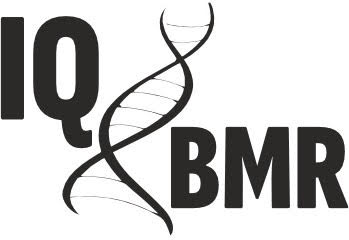Adelina ILIESCU, Malina VISTERNICU Viorica RARINCA
ABSTRACT :
The present study investigates the impact of probiotics administration upon the behaviour, in the case of a hiperactivity disorder with deficit of attention (ADHD) modelled in zebrafish. Applying various genetic models, several genes involved in ADHD pathology have been identified, such as: latrophiline 3 (lphn3), regulating the locomotive activity and attention, and CLOCK period1b (per1b), associated with the circadian dysfunction. The mutants of these genes evidence hyperactive and impulsive phenotypes, reflecting features similar to those observed in human patients. Probiotics were administered to evaluate their influence upon the behaviour of these fish, once knowing that intestinal microbiota may modulate neuropsychological processes. The results provided by the literature of the field suggest that probiotics may reduce the symptoms of hyperactivity and impulsivity, by influencing dopaminergic signaling and neurotransmitters equilibrium. Such discoveries evidence the probiotic potential as a promising therapeutical strategy in ADHD management, in both research activities and clinical applications.

